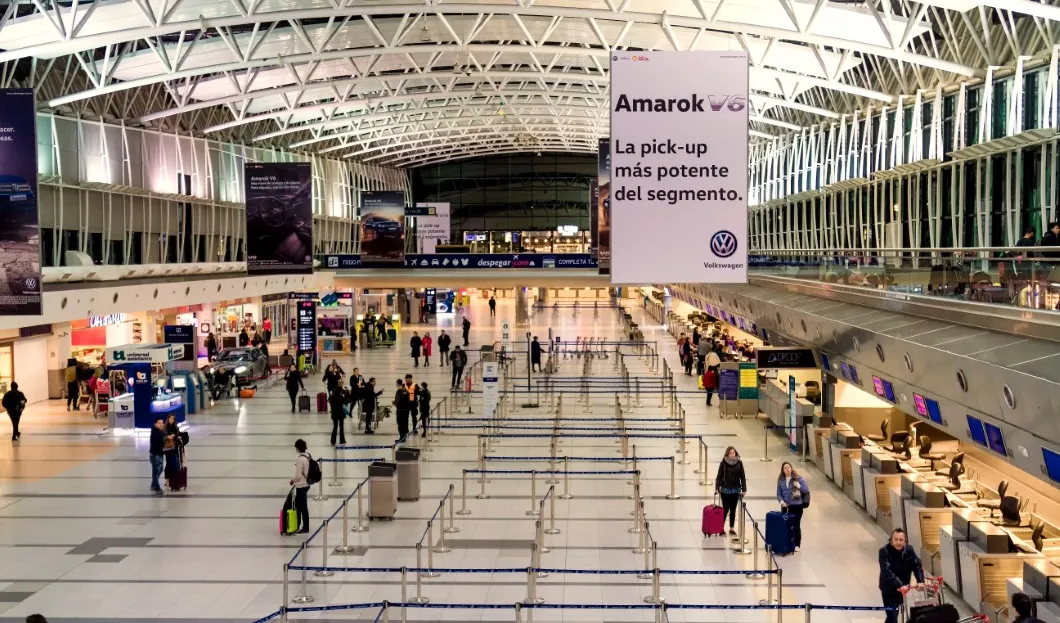
According to a recent report the holiday planning of many Argentinean travelers changed due to the rise of the dollar. On top of this, 80% admitted that they had made adjustments to continue traveling.
Holiday planning for 68% of Argentines took a change for the worst after experiencing recent economic changes, according to the study “Tourism in times of crisis”, conducted by the market research companies Kantar Millward Brown and Kantar TNS.
Following the research, 93% of Argentines say that they have reduced or abandoned certain segments of consumption/expenditure, faced with the economic situation and the sharp rise of the dollar. Traveling abroad is one of the parts that has suffered, to a greater extent, a decrease in purchases affected by devaluation.
Several tour operators had already mentioned that the Caribbean, for example, may not experience a peak season, in regard to the shift in the Argentine market, because people will not be willing to pay too much.
At the same time, new promotions are beginning to appear as a response to spaces that are becoming vacant. Enthusiasts from the blog “Promociones Áereas” (“Airline Promotions”), who specialize in searching for cheap flights, are already noticing “the latest new and good offers from airlines, in response to the decline in demand and to sell out their flights abroad.
On the other hand, the study addresses the fact that 80% of Argentinean travelers had to make adjustments to make spending more efficient, as a way to not to stop traveling, adopting measures such as: traveling less than planned (37%), choosing a cheaper destination (25%), booking cheaper flights/accommodations (21%), or opting for more flexible payment methods (12%).
In this sense, low-cost airlines are gaining traction as a new alternative: 10% of Argentinean travelers have already traveled using this option for domestic flights, as the report highlights. However, they are still the minority: when choosing the means of transport for a possible next domestic flight, 29% of Argentines continue to opt for traditional airlines, while 16% would be willing to switch to a low-cost airline.

It is also true that amidst the competition for domestic flights, traditional airlines started to adopt low-cost business models, something increasingly noticeable in the basic rates or in their promotions: in many cases, it is seen that rates do not include clearance of baggage or seat selection.
Funding, as many tour operators point out, has also become a key factor when choosing to make a certain trip.
Considering the pronounced shift towards domestic tourism that will occur this summer, public and private travel operators working in key tourist destinations have been holding meetings for months now, in order to prevent holiday prices in Argentina from also becoming prohibitive. That is why, for example, in the Atlantic Coast region of the province of Buenos Aires, it was agreed that there wouldn’t be increases of more than 30%.
The crisis is a time for companies to develop new strategies, which is the opposite of what consumers do by using tactics to deal with the moment. It is essential to be closer to consumers: to put on their shoes and carry out accessibility and convenience actions to maintain the link.









